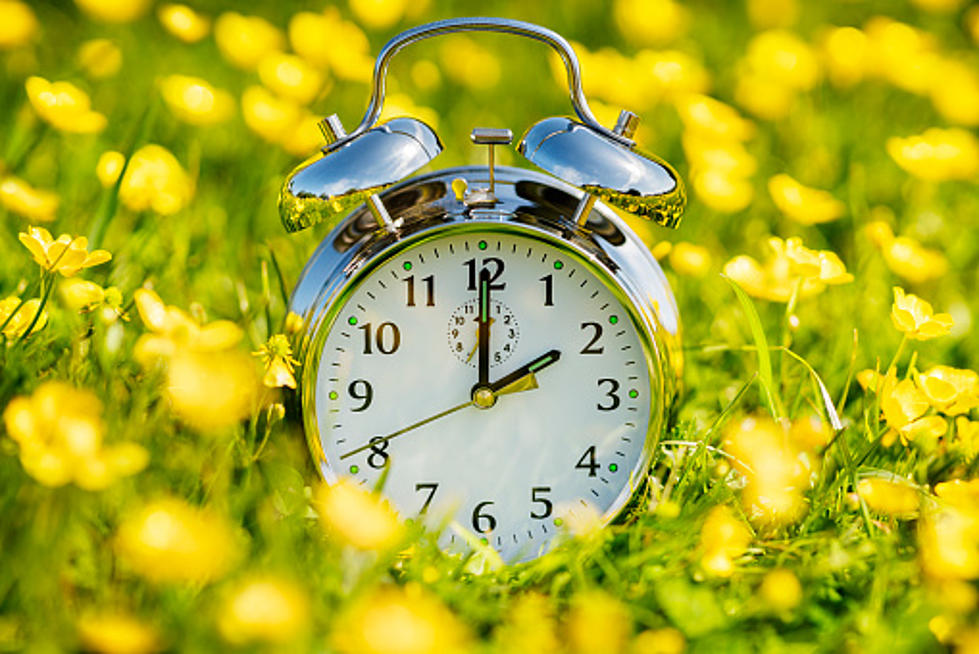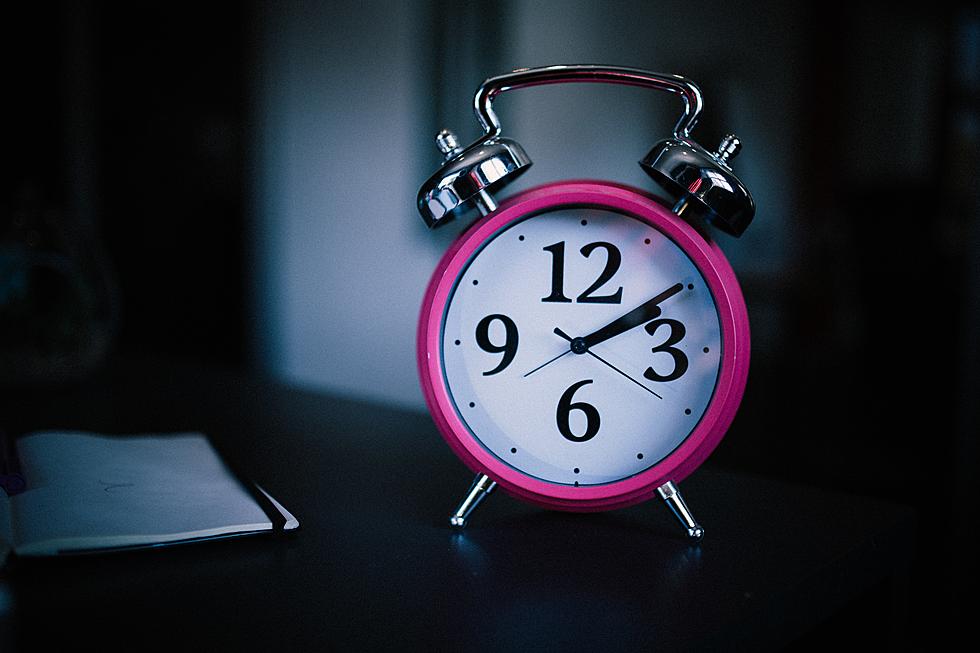
What You Should Know About the End of Daylight Saving Time

Get ready to "fall back" this Sunday (November 1st, 2020) as Daylight Saving Time ends.
At 2 a.m. on Sunday, clocks will fall back one hour. Daylight Saving Time, which began in March, will officially be over.
That means the sun will come out earlier and it will get darker earlier. It also means that people, including myself, will get on social media (or a radio show) to talk about how absurd it is to keep changing times in 2020. It's one of the issues that still brings us all together. We may not be united on whether we stick with Standard or Daylight Saving Time, but many of us do believe that changes times is old.
How old is changing times? In 1966, Congress approved the Uniform Time Act, which said that clocks must be set an hour ahead beginning at 2 a.m. on the last Sunday in April, and turned back one hour at 2 a.m. on the last Sunday in October. In 2005, the Energy Policy Act changed the beginning of Daylight Saving Time to the second Sunday on March and ending on the first Sunday in November.
According to the Dallas Morning News, the whole time change thing has nothing to do with farmers, even though they're blamed the most for it. It's actually about saving energy:
Germany is credited with enacting the first daylight saving time policy in 1916 to save energy during World War I, according to Time magazine. The U.S. adopted its policy for similar reasons, but some recent studies have shown that it could actually increase energy usage.
Not everyone changes time, though. Arizona, Hawaii, Puerto Rico, and the U.S. Virgin Islands stay on standard time all year long.
There have been times where state lawmakers in the Texas Legislature have said they wanted Texas to end the practice, but it's never happened.
So get ready for that "extra" hour of sleep on Sunday and for the sun to go down earlier. We will adjust, but should we really have to?
LOOK: 34 spooky dessert recipes for Halloween
More From 1025 KISS FM



![The Next Great Debate: Time in the United States [POLL]](http://townsquare.media/site/192/files/2018/03/GettyImages-109832459.jpg?w=980&q=75)





